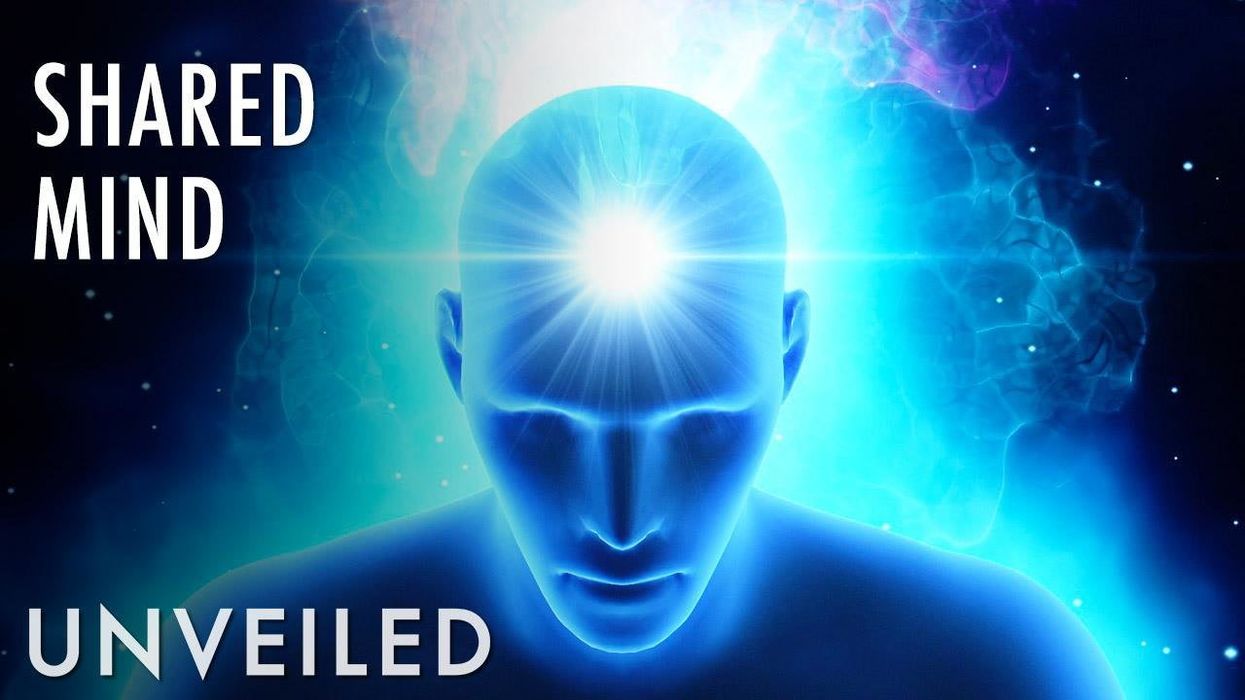Becca Monaghan
Sep 20, 2024
Humans With Universal Consciousness | Unveiled
WatchMojo - Unveiled / VideoElephant
Despite consciousness being the centre of studies and discussions for years, it remains one of the world's biggest mysteries. A new mind-boggling theory has suggested the brain's consciousness could derive from other dimensions – not just brain activity.
Michael Pravica, a professor of physics at the University of Nevada, shared a concept deep-rooted in hyperdimensionality, the idea that the universe has more dimensions than the ones we perceive. He believes we should be exploring hidden dimensions to explain consciousness.
"The sheer fact we can conceive of higher dimensions than four within our mind, within our mathematics, is a gift... It's something that transcends biology," the scientist told Popular Mechanics.
While hyperdimensionality and string theory are widely accepted by physicists, his belief of their ties to consciousness is a controversial one.
Pravica, an Orthodox Christian with a PhD from Harvard, used hyperdimensionality to create a bridge between science and his religious beliefs, exploring his idea that Jesus may have been a hyperdimensional being.
"According to the Bible, Jesus ascended into heaven 40 days after being on Earth. How do you ascend into heaven if you're a four-dimensional creature?" Pravica asked.
His theory ventures outside the realm of neuroscience and into theoretical physics with one scientist slamming it as bordering "on science fiction".
Stephen Holler, PhD, an associate professor of physics at Fordham University in New York, chimed in on the action, telling the publication: "Gaps in scientific knowledge are attributed to divine intervention, rather than being seen as opportunities for further inquiry and understanding."
He went on to suggest it was a "poor explanation mechanism that arguably stifles the inquisitive nature required for good science and teaches that it’s not okay to say, 'I don’t know'".
How to join the indy100's free WhatsApp channel
Sign up for our free Indy100 weekly newsletter
Have your say in our news democracy. Click the upvote icon at the top of the page to help raise this article through the indy100 rankings.
Top 100
The Conversation (0)














